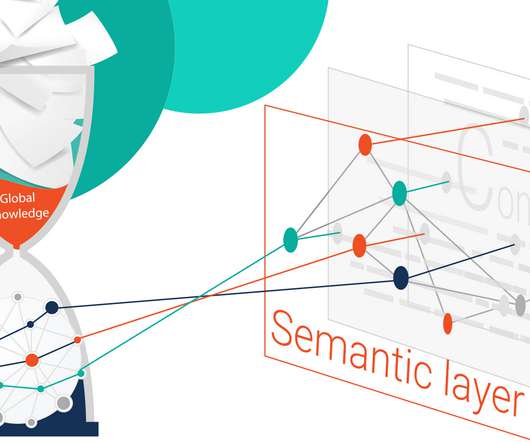Fundamentals of Data Mining
Data Science 101
OCTOBER 31, 2019
Data mining is the process of discovering these patterns among the data and is therefore also known as Knowledge Discovery from Data (KDD). This data alone does not make any sense unless it’s identified to be related in some pattern.















Let's personalize your content